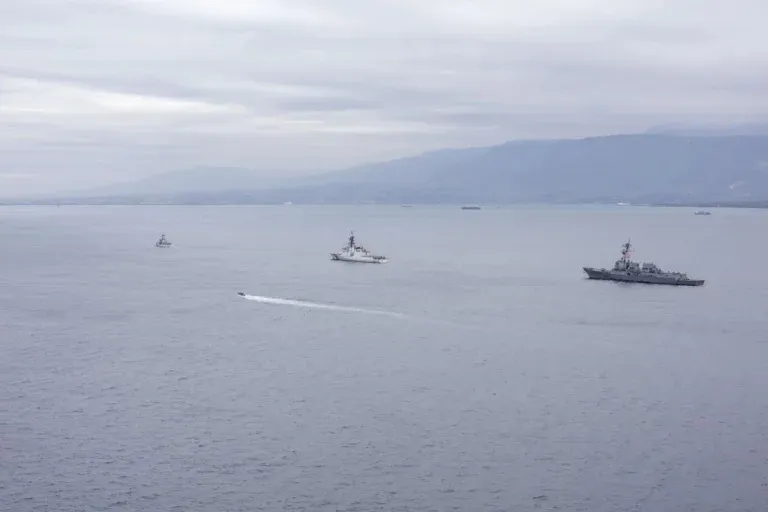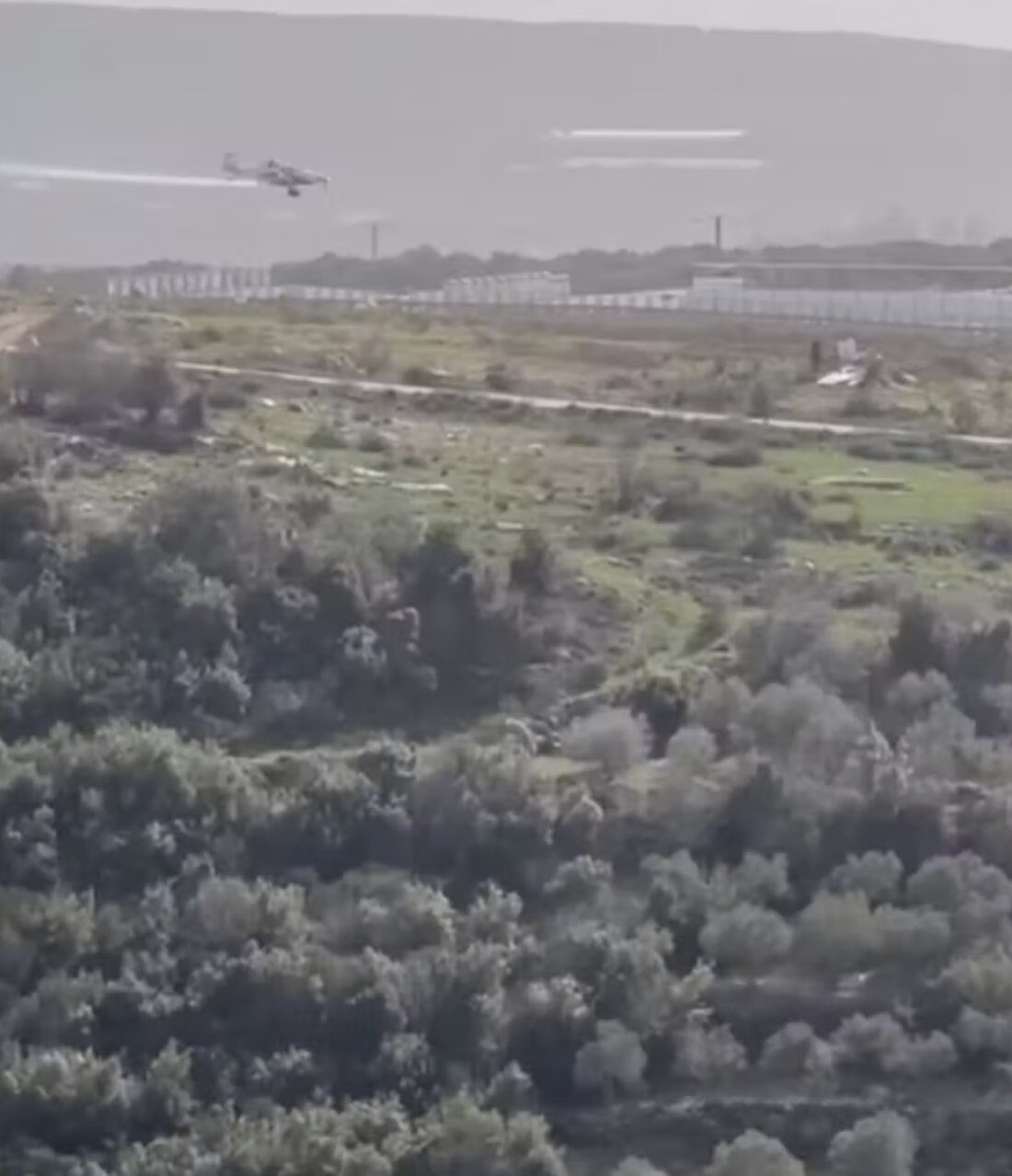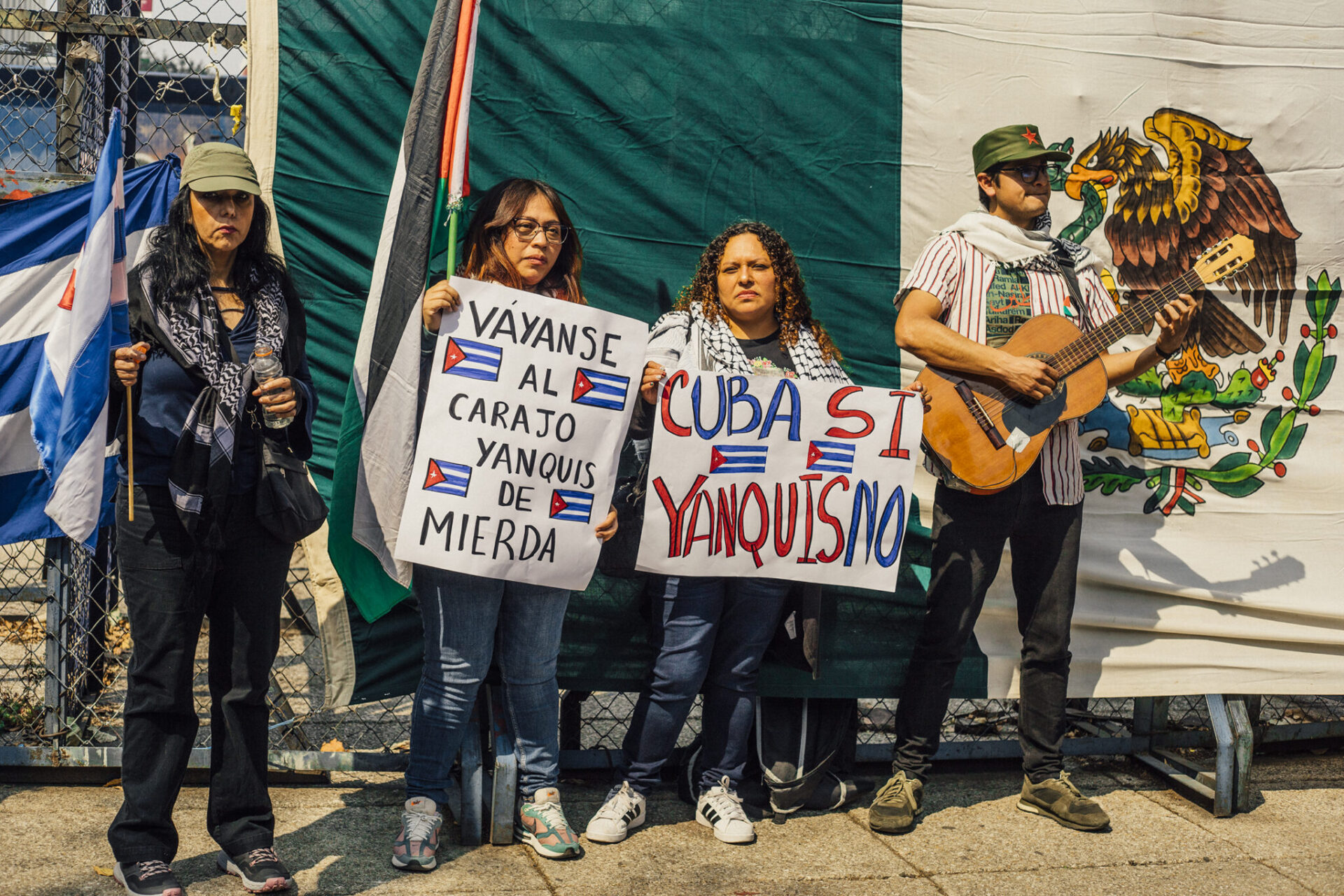Welcome to our collection of articles dedicated to green politics. As our world grapples with pressing environmental and societal challenges, the green political movement emerges as a beacon of change.
These articles explore core areas of green politics such as: degrowth, demilitarization, union and worker rights, and anti-capitalism.
Discover the nuances of degrowth as we examine strategies to reshape economies, moving away from military and capitalist growth models toward a more balanced, regenerative approach. Explore the imperative of demilitarization, unraveling the environmental and social impacts of excessive military expenditures, and delving into proposals for redirecting resources towards constructive, peace-building endeavors. Anti-capitalism is a key theme, challenging the prevailing economic systems that prioritizes profit over people and the environment. Union and worker rights in politics is another key area. Our articles dissect the green political stance on restructuring economies to prioritize social justice, environmental sustainability, and community well-being.
This thought-provoking content analyzes the intersectionality of these principles, offering insights into how green politics seeks to create a world where ecological responsibility, demilitarization, and anti-capitalist values converge for the betterment of society and the planet.
We hope you enjoy these explorations of the progressive ideals of green politics, providing you with valuable perspectives, informed analyses, and potential solutions to the challenges we face. Stay engaged, informed, and inspired, and let’s pave the way toward a future guided by the principles of degrowth, demilitarization, and anti-capitalism.

Haiti: Three Destroyers and One Order: How the US Imposed its Government
Resumen Latinoamericano

Investigation Reveals Israel ‘Evaporated’ Nearly 3,000 Palestinians With Thermal Weapons in Gaza
Brad Reed

Lebanon says Israel sprayed southern villages with concentrated herbicide
Samantha Granville

The Globalization of Fraternity: An Alternative to the Logic of Global Capitalism
Pedro Monzón Barata

Cuba Must Not Fall! Imperialism, Resistance and the Global Stakes of Defending the Cuban Revolution
Isaac Saney

Women, Children, and Medical Workers Among Over 20 Palestinians Killed in Surge of Israeli Attacks Across Gaza
Abdel Qader Sabbah and Sharif Abdel Kouddous

Mexico City Protest Demands Mexico Continue Sending Oil to Cuba
Ivan Evair Saldaña

Cubans denounce the presence of the U.S. Chargé d’Affaires after interventionist actions
Ed Newman


